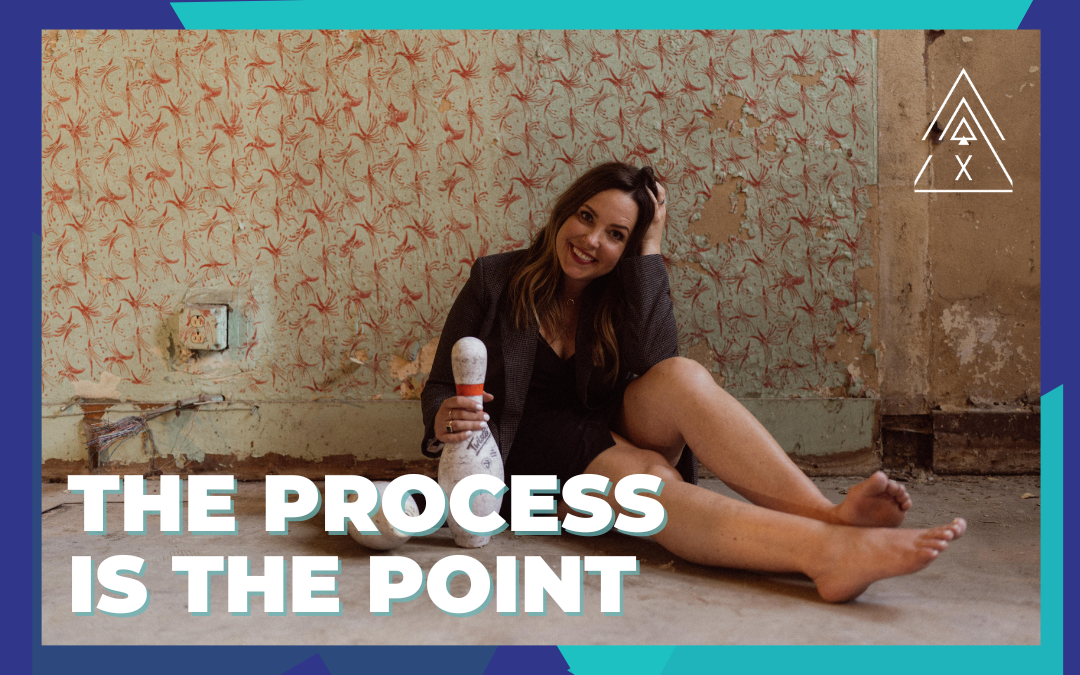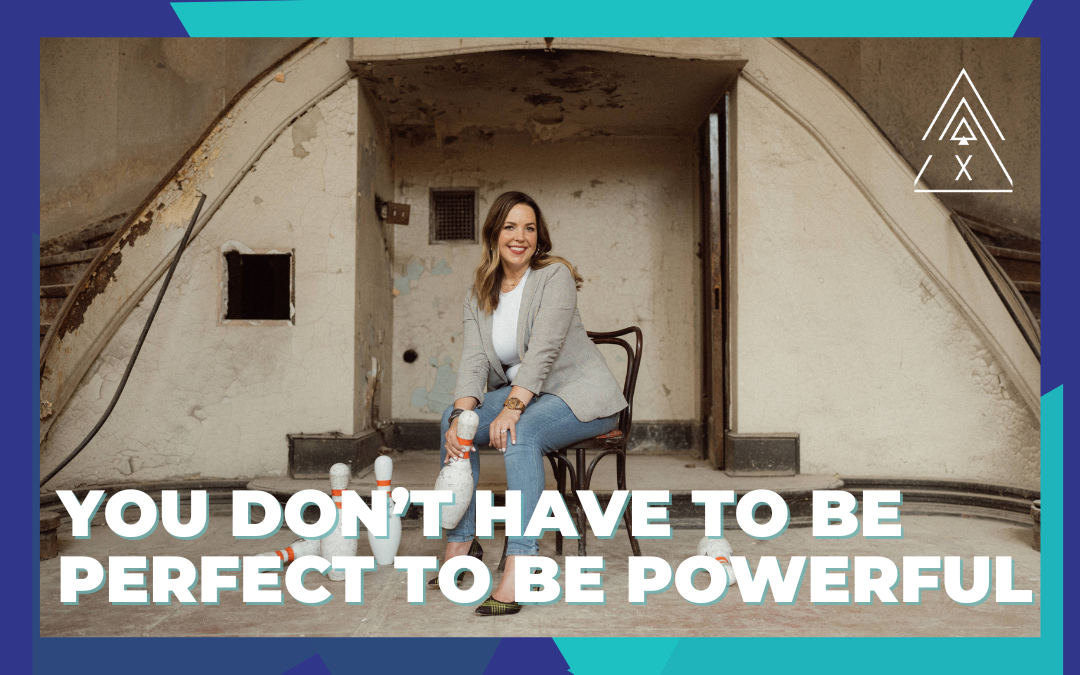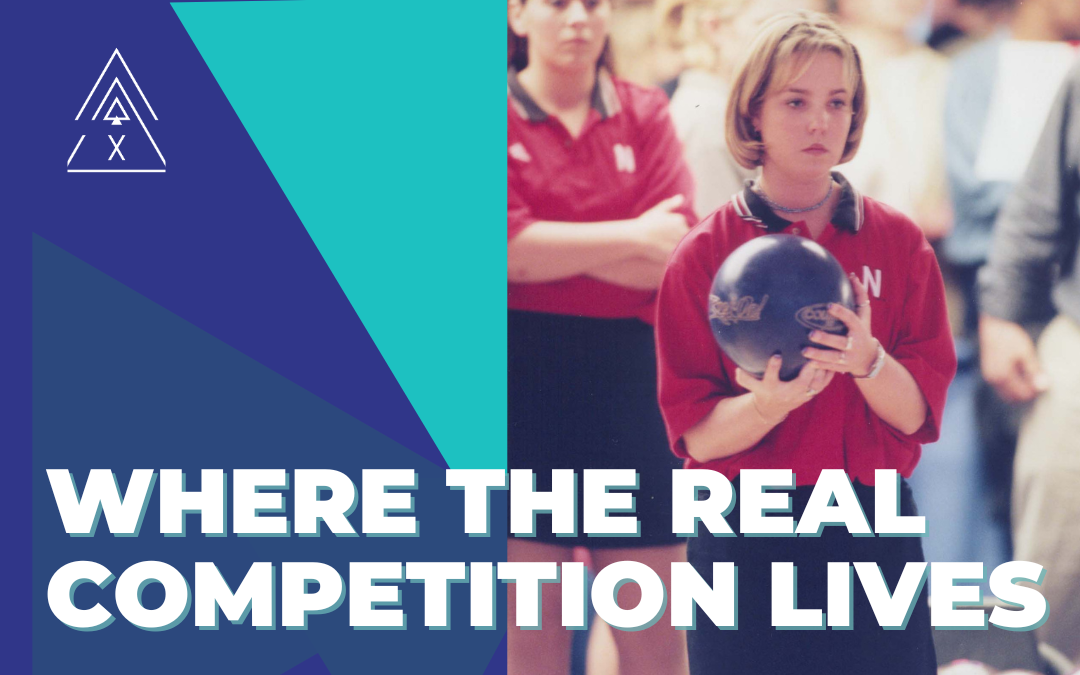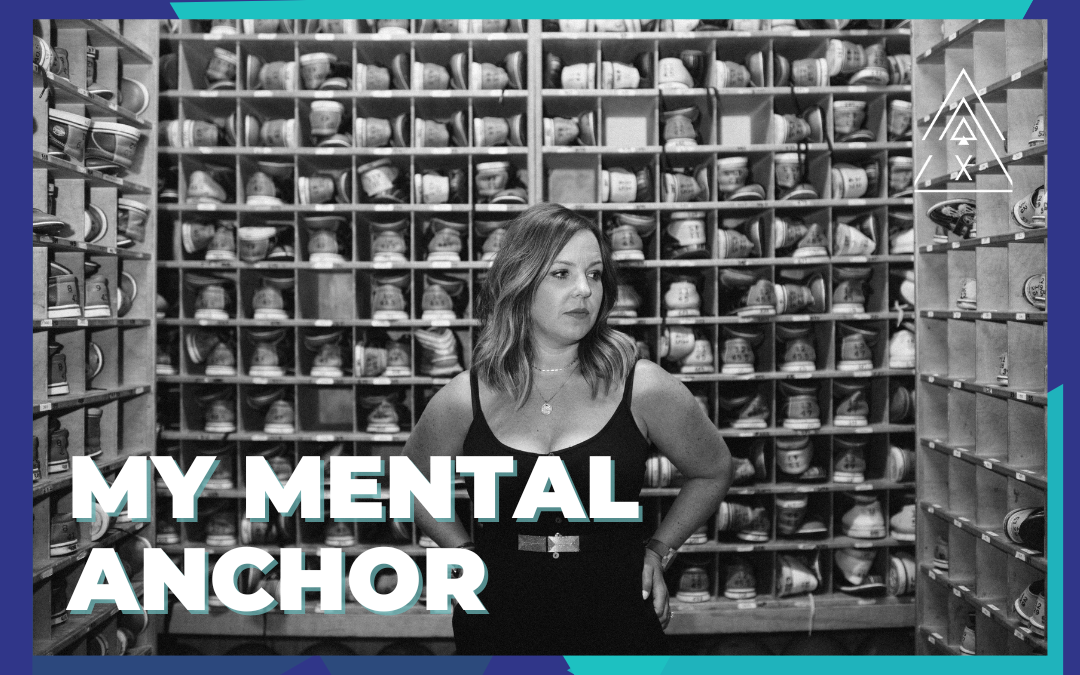I was never accepted for who I was — not because I was broken, but because I refused to be bitter.
I grew up being told I was “too nice.” “Too perfect.” “Too positive.”
People looked at me with that half-suspicious smile, the one that says, No one’s really that happy.
They thought my kindness was an act. That I must be hiding something. That optimism like mine couldn’t be real — it had to be fake or privileged or both. I remember shrinking a little when people said, “You just have it so easy.” They didn’t see the hours I put in, the pressure I carried, or how much energy it takes to stay light in a world that rewards cynicism.
I started feeling bad for the very thing that came naturally to me: believing in good. When people around me wanted to complain or compete in misery, I stayed silent. I didn’t want to sound naïve or self-righteous. I didn’t fit in with the pessimists, but I didn’t belong with the ones who pretended everything was fine either. I was somewhere in between — honest, but hopeful.
At some point, I began to wonder if they were right. Was I too nice? Too forgiving? Too trusting? Should I harden up, be more skeptical, more “realistic”?
But the truth was — I didn’t want to become hardened. I liked seeing the good. I liked believing that energy mattered. I liked that gratitude came easily to me.
The turning point came when I stopped apologizing for my optimism.
Once I decided to own it — to stop dimming it down just to make others comfortable — something shifted. I began to notice that good things seemed to meet me halfway. It wasn’t always grand or life-changing. Sometimes it was small and almost funny.
Like the time I went out to dinner and the server surprised me with a free dessert. My friends rolled their eyes and said, “Of course Diandra got a free dessert.” It kept happening — little gifts, coincidences, opportunities, luck. I’d smile and think, Of course I did. Not out of arrogance, but out of alignment.
That’s when it hit me: thoughts are energy. What you put out really does come back. I wasn’t just “lucky” — I was expectant. I believed good things would happen, and they often did. Not because the universe owes anyone favors, but because we attract what we’re open to receiving.
That mindset — the one people mocked — became my quiet fuel.
The same “too nice” energy that once isolated me turned into a magnet for abundance, connection, and opportunity. I started leading with it instead of hiding behind it. I realized kindness doesn’t make you soft; it makes you steady. It’s easy to be kind when life is smooth. It’s powerful to stay kind when it isn’t.
So I reframed what I used to see as weakness.
Being “too nice” became a strength.
Seeing the good became my clarity.
And being misunderstood became my training ground for self-trust.
Now, when I coach or talk with people who feel like outsiders — who’ve been told they’re “too sensitive,” “too happy,” or “too different” — I tell them the same thing I had to learn:
There’s power in being the one who still believes.
There’s freedom in not conforming to the world’s cynicism.
And there’s strength in staying open when the world tells you to close off.
If your light makes others uncomfortable, that’s okay. You’re not here to make everyone comfortable. You’re here to lead differently — through example, through energy, through authenticity.
Because the truth is, what you see as your flaw might be your superpower in disguise.
That part of you that feels “too much” or “too soft” might be exactly what makes you magnetic.
You don’t need to earn permission to be yourself — you just need to stop apologizing for the light you bring.
When doubt creeps in — and it always does — I go back to one simple belief:
What you put out comes back.
Not as magic, but as momentum.
Energy doesn’t lie. When you move through the world with gratitude, grace, and intention, life starts reflecting that energy right back at you.
It’s not about pretending everything’s perfect. It’s about trusting that no matter what happens, you have the power to create meaning from it.
You can let rejection harden you — or refine you.
You can let misunderstanding silence you — or shape your voice.
You can let your flaws drain you — or fuel you.
I choose fuel. Always fuel.
Because the truth is, the world doesn’t need you to be harder — it needs you to be real.
Keep leading with light, even when it’s misunderstood.
Your energy is your legacy.
Your kindness is your rebellion.
And your optimism — that steady, shining optimism — is not a flaw.
It’s your power source.









Pretty awesome write up! Hope to see more in the future.
Thanks Craig!
Wow! This was an awesome read. It talked right to me. It hit home. At a point in my life where I have had people accuse me of the same things. Thank you for sharing!
You are so welcome!
“I was expectant” – yes! This was an excellent read, and I can relate to being too positive, too happy,..too much. Thank you!
Thank you so much!
Thank you for this. This came at a perfect time for my daughter who was told all of this. She will come out better and stronger for it, but being a bowler and seeing this from you will really hit home for her and just reinforce what me and all those who really know her already know!!
Thank you for the message. It’s validating knowing others can relate!
This is well thought out and written – many people go thru a time like this. Unfortunately, not everyone has the foresight to be true to themselves and become comfortable with who they are and respond accordingly. Being able to put your experience out into the universe will have an impact on many. Keep it up.
Thank you for reading and for your thoughts!